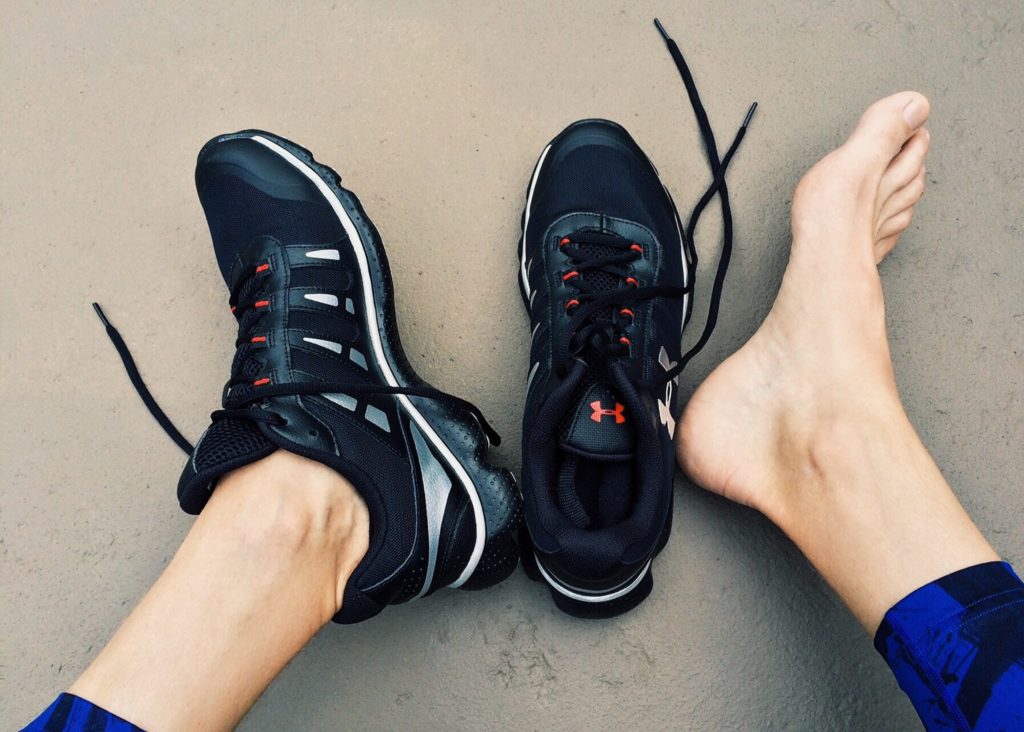By Physiotherapist, Paulina Backiel
What shoe is best for me?
Walking into the shops can be overwhelming, especially if you aren’t sure exactly what you’re looking for. It’s like when you go to buy toothpaste and you spend a good 10 minutes just staring at the wall with the 50 million types of toothpastes and you are expected to just pick one. The same goes for a set of new trainers/running shoes. Today I am here to help you decide which shoe is best for you.
Some questions you should ask yourself when facing that wall of shoes are:
- What am I going to be using these shoes for?
For example, are you a gym-goer and just want to use these shoes for classes like body pump or weight training? Are you a runner or a walker?
- How good is your balance? Have you sprained your ankle before? How strong are your lower limb stabilizing muscles?
- Does colour/fashion matter?
- Have you had any injuries to your lower limbs?
- Do you have orthotics that you need to have in your shoes?
Those are just some questions I ask my patients when trying to find the right shoe for them. To help break this down further below is an example scenario from an appointment with a patient.
Patient is a 24-year-old female runner
- She will be using the shoes for running.
It is very important if you are a runner to use your running shoes specifically for running. Running is a high impact sport, therefore you want as much protection from the foam as you can get. Weight training can end up ruining the foam by causing it to flatten underneath your weight and use up its elastic properties.
- Her balance and lower limb strength is very strong due to running and resistance training 5xwk.
Since she is strong and balanced, she does not need a very rigid shoe. A good shoe for her will be a slightly flexible neutral shoe, one that you can grab at both ends and twist. It should then bend slightly in the middle.
- She doesn’t mind what the shoes look like as long as they are comfortable
I always try to make my patients choose comfort over colour, but with the amount of brands that are now available this should not be too much of a problem
- She sprained her ankle once but has done her rehab for it, but does wear heels a lot for work.
She had properly rehabbed her ankle with her physio so she does not need a more rigid shoe to keep her stable. A slightly flexible shoe will allow you to work more muscles in the foot making it stronger.
- She does not use orthotics.
If she needed orthotics in the shoes we would try and find a neutral shoe that doesn’t cut too low at the ankle. This higher cut around the ankle is important because most orthotics will make your foot sit higher in the shoemaking it feel like your foot is slipping out the back.
Takeaway
The best advice on getting the perfect shoe is asking your podiatrist or physiotherapist (it’s best if they are a runner themselves). I also recommend visiting Running Science, a professional shoe fitting shop in Rozelle. The experts there will ask you your history and analyze how you run and fit you into the best shoe for you.
If you have been having foot or lower limb pain, book in with a physiotherapist or podiatrist now! If you have additional questions, give us a call at 8599 9811.

